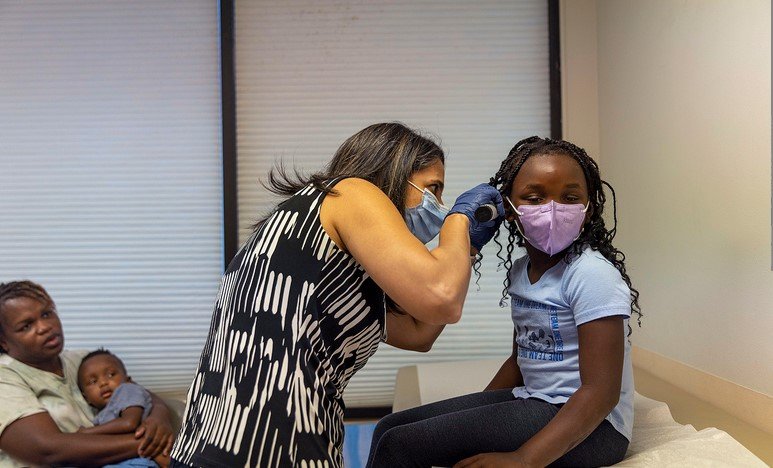Health equity means ensuring that everyone has the opportunity to achieve their highest level of health. This goal requires addressing disparities in access to healthcare resources and services. While progress has been made, significant challenges remain, especially for marginalized communities.

Understanding Health Disparities
Health disparities refer to the differences in health outcomes and access to care among various populations. These disparities often arise from systemic issues such as socioeconomic status, race, ethnicity, and geographical location. For instance, individuals living in rural areas may struggle to access healthcare facilities compared to those in urban centres. Moreover, racial and ethnic minorities frequently face barriers that affect their overall health and well-being.
The Role of Social Determinants
Social determinants of health fairness play a critical role in shaping health outcomes. Factors such as income, education, employment, and community safety significantly impact an individual’s ability to access healthcare. For example, individuals with lower incomes often lack health insurance, making it challenging to afford necessary medical services. By addressing these social determinants, we can begin to close the gaps in health equity.
Barriers to Access
Several barriers prevent individuals from accessing quality healthcare. These include:
- Financial Barriers: High costs of care can deter individuals from seeking medical attention. Uninsured or underinsured individuals often postpone necessary treatments due to financial concerns.
- Geographical Barriers: In many rural areas, limited access to healthcare facilities and providers creates challenges for residents. Long distances to clinics can discourage individuals from seeking care.
- Cultural and Linguistic Barriers: Language differences and cultural misunderstandings can hinder effective communication between healthcare providers and patients. This lack of understanding can lead to inadequate care and poor health outcomes.
- Systemic Inequities: Historical and systemic factors contribute to disparities in healthcare access. Discrimination in healthcare settings can discourage marginalized groups from seeking care, further perpetuating inequalities.
Strategies for Promoting Health Equity
To address disparities in access, various strategies can promote health equity:
1. Expanding Access to Care
Healthcare systems can work to expand access to care by increasing the number of providers in underserved areas. Telehealth services also offer a valuable solution by connecting patients with healthcare professionals remotely, breaking down geographical barriers.
2. Improving Affordability
Policies that enhance health insurance coverage can improve access for vulnerable populations. Programs that reduce out-of-pocket costs for low-income individuals can make healthcare more affordable and accessible.
3. Enhancing Cultural Competence
Healthcare providers should undergo training to improve cultural competence. Understanding the diverse backgrounds and needs of patients fosters effective communication and builds trust, ultimately leading to better health outcomes.
4. Addressing Social Determinants
Community organizations and healthcare systems should collaborate to address social determinants of health. Initiatives that provide support for housing, education, and employment can significantly impact individuals’ overall health and well-being.
5. Advocating for Policy Changes
Advocacy plays a crucial role in promoting health equity. Supporting policies that address systemic inequalities in healthcare access can lead to meaningful change at the community and national levels.
Conclusion
Addressing disparities in access to healthcare is vital for achieving health equity. By understanding the barriers individuals face and implementing targeted strategies, we can work toward a future where everyone has the opportunity to attain their highest level of health. Ensuring health equity not only benefits individuals but also strengthens communities and fosters a healthier society for all.




